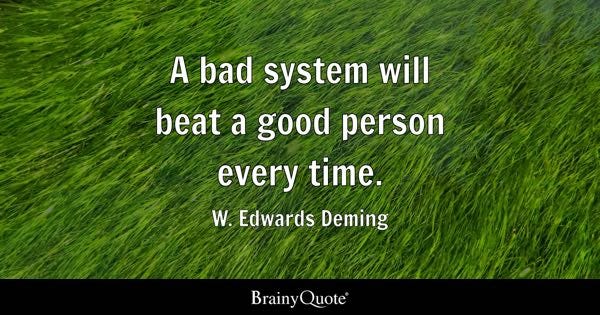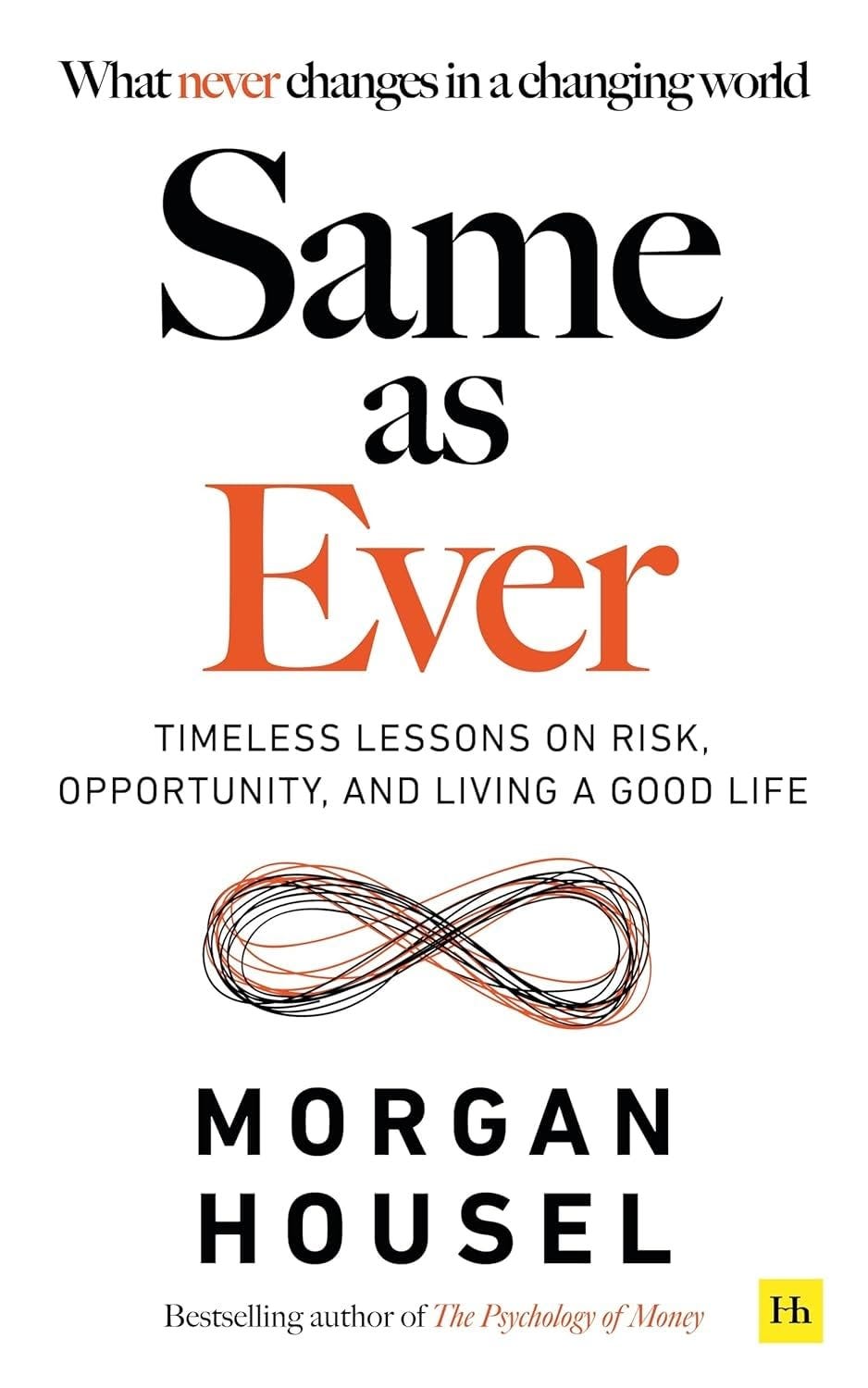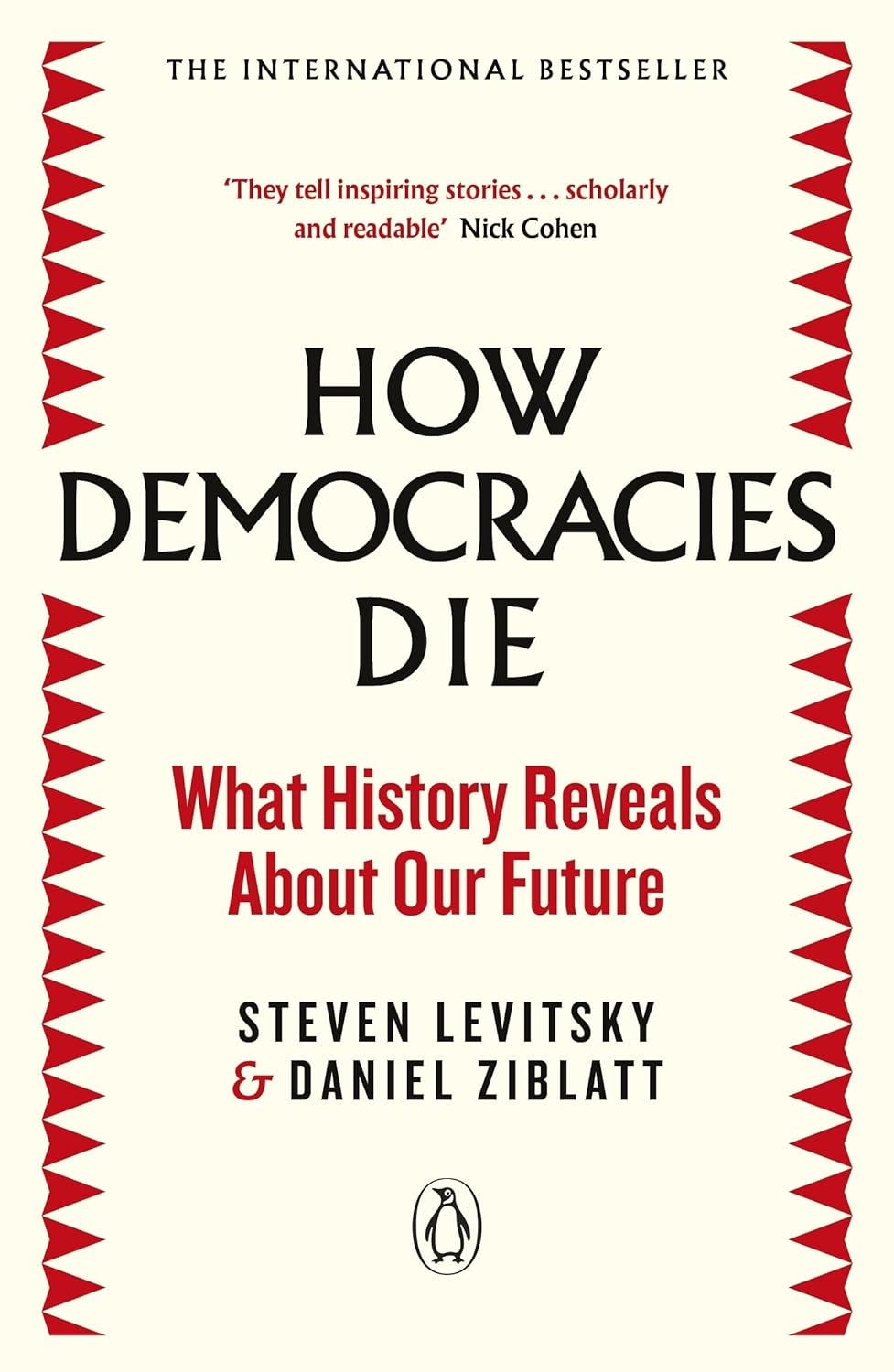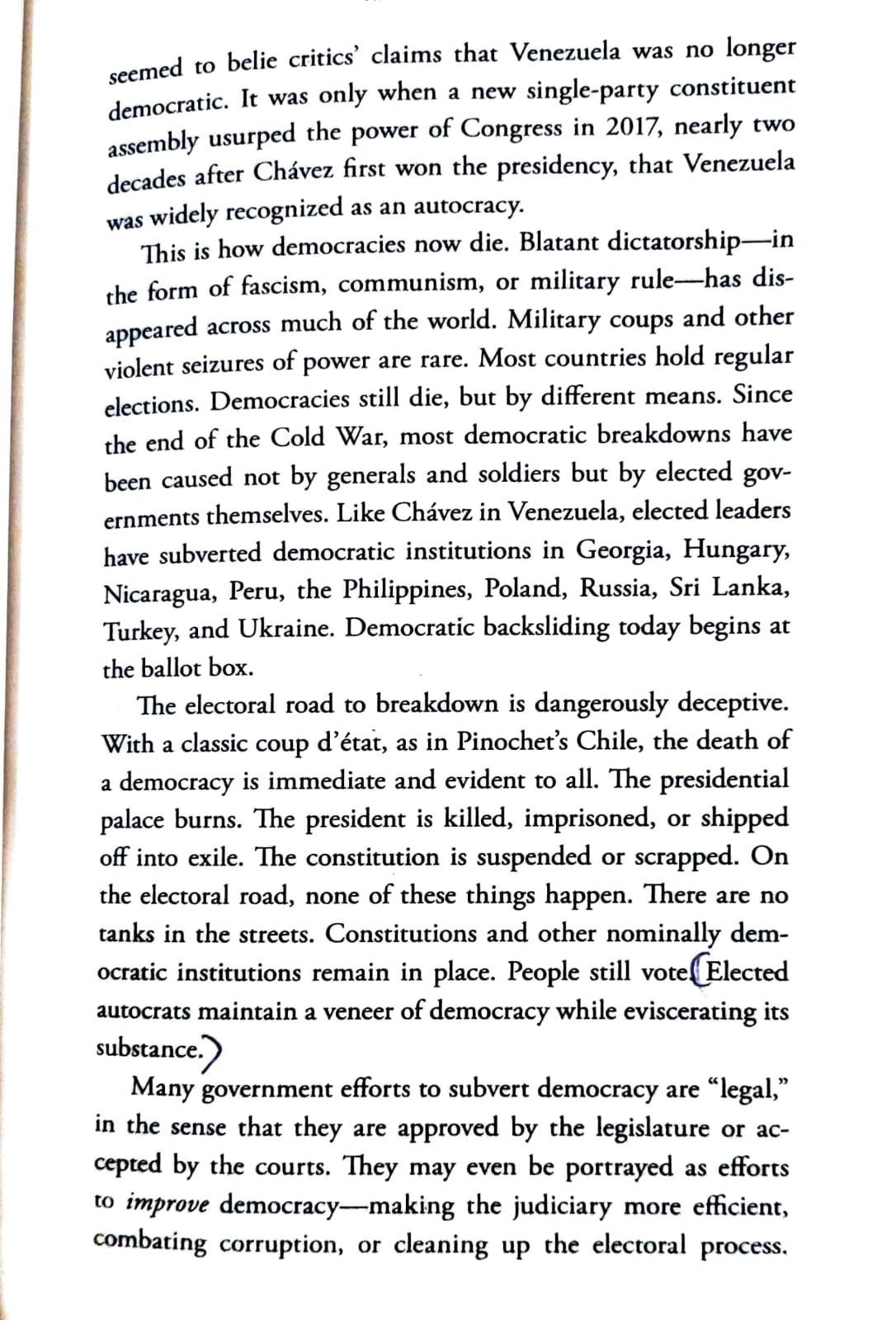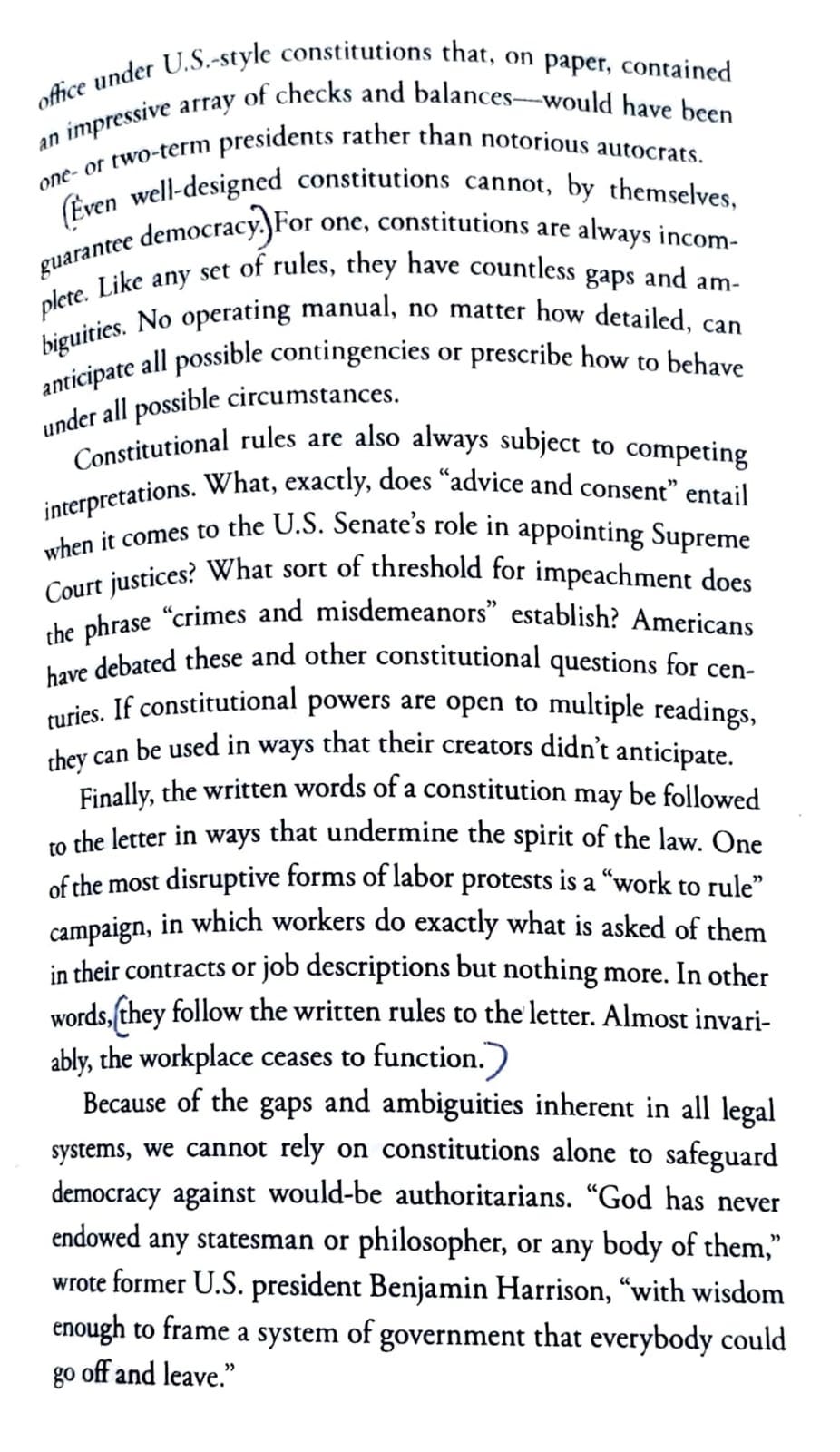Hello Dear,
I am happy to resume writing for this #NotJust Newsletter after many months. If you are here for the first time, do consider subscribing for free.
Today, I would like to share with you a simple idea.
Let us begin from an incident at my workplace. We know that a lot of the world which should work together often operates in silos, as if each one is fighting a different battle, pursuing a different mission. That is how the world is, right? Even those who should collaborate often compete or go about their life as if their partner does not (or should not) exist.
So, I was making an argument with a very senior officer of the Indian Information Service, the civil service to which I belong, about one such work situation. The situation involved several government departments which should work together but were doing so in only a loose, unstructured and ineffective manner. I was making a passionate argument for the introduction of better processes and systems for these departments to work together. I wanted the roles and responsibilities of these departments and the people in them to be laid down, so that this part of the government machinery performs better.
And tell you what, some pieces of my argument were made in a meeting in which many of my other colleagues too were present, who thanked and appreciated me for raising the matter and in a sense speaking up for our common plight.
However, the counterargument of the senior officer had the last say, because of the combined weight of precedence, tradition and seniority in the bureacuracy. I do not mean to say that my argument was right and that my senior’s counter was wrong: just that more than the merit and substance of the argument, it is often these other factors which determine which argument is better listened to, and which one holds.
So, what is this counterargument made by senior colleague? Simply put, his point was that we cannot rely on systems and processes for the things which I wanted to be institutionalized. He said we have to rely on human relations, on interpersonal relationships. He argued that we cannot have systems for those kinds of issues.
Now, just a few minutes ago, I was sharing with two fellow officers, about the need for civil servants to build systems, and not personal fiefdoms or empires. That is where I was coming from: on the need to build institutional mechanisms which outlive people. But my senior was singing a different tune.
For most of the time, I used to think I was right about this, and that my senior has been wrong. However, I now think the truth lies in between, as far as this particular case goes.
I mean, I think there is definitely a scope and need for more systematization. We can all benefit from it, given how unsystematic and whimsical some of our processes are right now. At the same time, I do agree with my senior that a lot of it does fall in the territory where human relations and not systems are the answer.
I find this very interesting since this uncovers two types of biases or errors we can make in the way we look at and interact with the world.
Error I: It’s Not About Systems, Baby!
One type of error is to underestimate the power of a good system. To overlook how a good system can improve the state of affairs.
This is part of what Edward W. Deming meant when he said that “a bad system will beat a good person every time”.
And I suspect it is this error which my senior was making, at least to some extent.
Now, come to think of it, a good policy is one type of a good system, right? Speaking of the profession in which I am engaged in, let me share with you an article I wrote, originally in 2013 and published in public domain in 2016, on the need for a National Communications Policy for India. You can read it here.
Well, here below is an earlier One Doubt Please article, on a different yet related topic: “the system”😊.
#NotJust "The System": Aren't All of Us a Part of The System?
Reflections on the question of whether to be inside or outside "the system", through the prism of the Indian Civil Service; and why we may not have a choice after all!
Let us now talk about the second type of error, the one which I was making in the story above, again, like my senior - at least to some extent. 😊
Error II: It’s All About Systems, Baby!
The second type of error is to think that a good system is a panacea, a cure-all. That everything can be incorporated into or reduced to a system.
Another manifestation of this error is to entertain the delusion that a perfect and zero-defect system is even possible. And that it is desirable even if it were to be possible!
This is an interesting concept I have encountered in different forms, in the book I am now reading: Same as Ever, by Morgan Housel.
In this book on timeless truths, on what does not change, Housel explains how the stretch towards perfection in one area inevitably invites flaws in other areas, some of which can even prove fatal. In a similar vein, the quest to over-systematize the world, to develop and institutionalize a system and a process for anything and everything, can become a doomed project from the word go itself.
In other words, there will be something other than systems which we will have to rely on. We cannot and cannot afford to put all our eggs in the one basket of systems or processes. And this is vital not just for our individual or even organizational lives, but even for our democratic polities.
How so? Let me share with you what I believe is one of the central messages of the 2018 book How Democracies Die: What History Reveals about Our Future.
Democracies work best and survive longer where constitutions are reinforced by unwritten democratic norms. When the norms weaken or are destroyed, it hastens the death of democracy.
Notice the emphasis on unwritten democratic norms, rather than just on constitutions. We need constitutions - systems - coupled with norms which lie beyond what a system can systematize or institutionalize.
Here are two excerpts from the book which illustrate the above point.
“Democracies still die, but by different means…Elected autocrats maintain a veneer of democracy while maintaining its substance.”
“Even well-designed constitutions, cannot, by themselves, guarantee democracy…because of the gaps and ambiguities inherent in all legal systems, we cannot rely on constitutions alone to safeguard democracy against would-be authoritarians.”
So, there we are.
We need Systems. But #NotJust Systems.
Ha!😊 True to the spirit and philosophy of #NotJust which I have come to embrace for around two years now, we come - as if providentially - to the need for #NotJust Systems.
On this note, let us close this article of this #NotJust Newsletter. And yes, I am happy to have resumed publishing and sharing my thoughts with you here. 😊I would be glad to hear your #NotJust feedback. Thank you!






